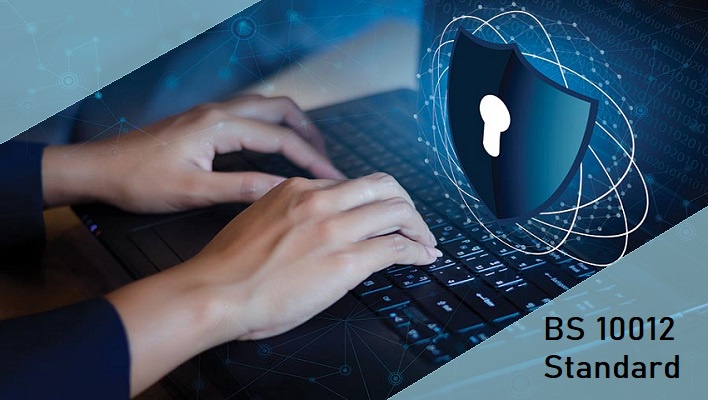PIM, or personal information management, is the procedure used by businesses to collect, arrange, store, access, and make use of personally identifiable information (PII). PIM is the term used to describe how people organize, distribute, and manage personal information as well as the policies, practices, and technologies that make this possible. PIM focuses on both the methods used to store information and the methods through which people can access it for usage and deletion. Organizations can work more skilfully, manage "information overload," and create successful strategies to protect personally identifiable information by understanding and putting into practice good personal information management standards.
A British Standard called BS 10012:2017 standard for Personal Information Management Systems (PIMS) offers a best practice framework to assist organizations in creating procedures for gathering, managing, storing, and erasing personal data and information. The standard also helps with maintenance and enhances their adherence to regulations like the EU's General Data Protection Regulation (GDPR) scheme. To avoid any effort duplication, BS 10012 was updated in 2017 to comply with GDPR while also being consistent with other ISO standards, such as ISO 27001 Information Security Management Systems. It defines the fundamental criteria that businesses must take into account while gathering, storing, processing, keeping, or getting rid of personal information about individuals. Here are a few major concepts around which BS 10012 revolves:
- Governance: The majority of the clauses supporting the implementation of a PIMS, such as governance/leadership, employee understanding, risk management, and continuous improvement, are consistent with ISO 27001 clauses because BS 10012 certification was designed to be compatible with other management system standards. This prevents needless duplication of record-keeping and effort.
- Data protection and retention: To ensure compliance with the relevant privacy legislation, companies must take care of the business requirements of data protection and retention. If this isn't done, there could be severe financial consequences and reputational damage. Organizations must act now more than ever to protect private data due to the exponential growth in data breaches over the past few years.
- Manage risks to personal information: Risk management, which comprises identifying potential privacy concerns and putting precautions in place to reduce those risks to a manageable level, is a basic principle of BS 10012. A PIMS that is in line with BS 10012 upholds the GDPR principles and gives stakeholders confidence that personal data is treated ethically. BS 10012 encourages effective risk management while managing personal data.
- Privacy Impact Assessment: By GDPR, organizations must conduct a Privacy Impact Assessment (PIA) if the gathering of personally identifiable information poses a significant risk to an individual's rights and freedoms, particularly when using developing technologies.
- Risk Assessment: Modern technology makes it possible to gather and analyze enormous amounts of data, which increases the chance that persons who reveal their personal information will have their privacy violated. However, you can identify possible hazards related to personal data security and take steps to mitigate such risks if your personal information management system (PIMS) complies with BS 10012.
- Processing Personal Information: Given that many organizations handle some sort of personal information, BS 10012 can help an organization develop the policies, practices, and controls necessary to effectively process personal data. Your organization's data handling, storage, and disposal operations will benefit from your use of the BS10012 framework as you build and provide personal information awareness training and risk assessments.
- Improvements in Controls/Policies: In addition to addressing GDPR requirements, BS10012 discusses how organizations can guarantee that their data protection duties are in line with their overall business strategy through ongoing management and policy refinement. The Plan-Do-Check-Act methodology of continuous improvement is used to achieve this.


No comments yet